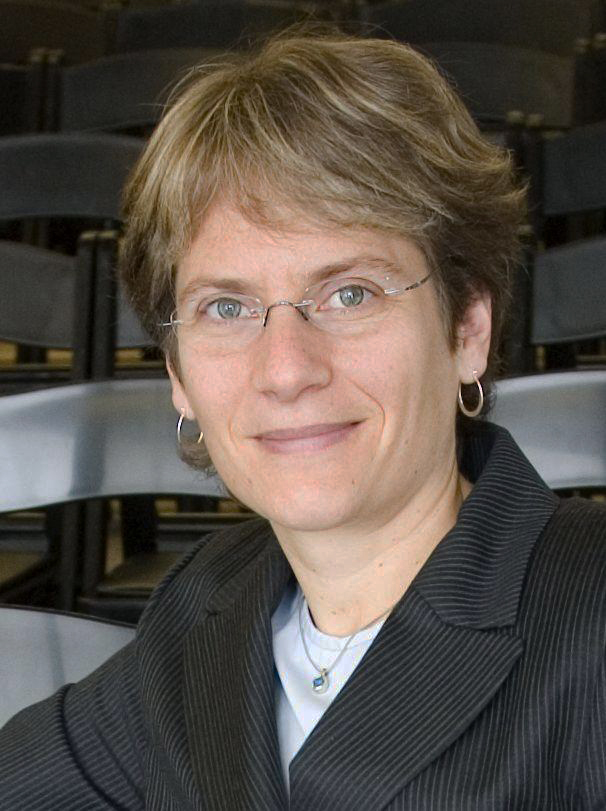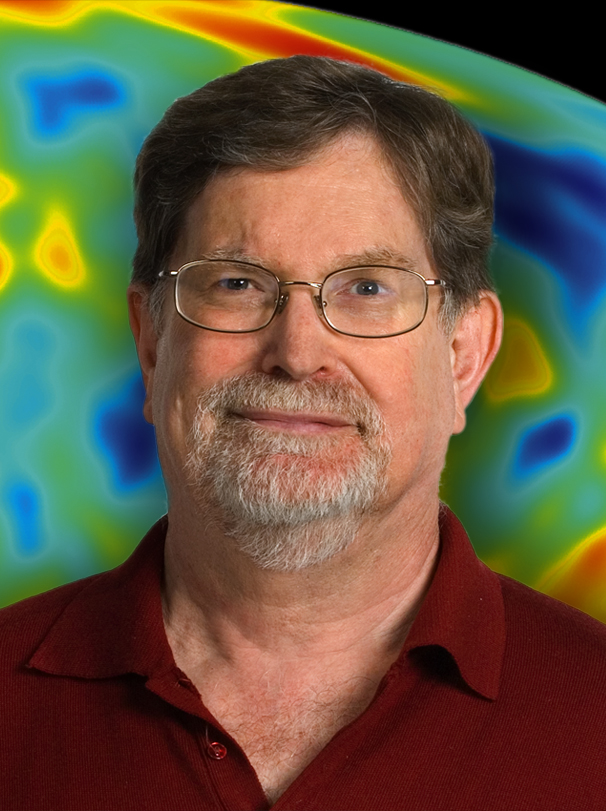George Smoot and Carolyn Bertozzi of the U.S. Department of Energy’s Lawrence Berkeley National Laboratory (Berkeley Lab) have been named Fellows of the National Academy of Inventors (NAI) for 2013.
NAI Fellow status is conferred on academic inventors “who have demonstrated a prolific spirit of innovation in creating or facilitating outstanding inventions that have made a tangible impact on quality of life, economic development, and the welfare of society.”
Bertozzi is a senior faculty scientist in Berkeley Lab’s Materials Sciences Division, a professor of chemistry and of molecular and cell biology at the University of California at Berkeley, a professor of molecular and cellular pharmacology at UC San Francisco, and an investigator of the Howard Hughes Medical Institute. Her many awards include a MacArthur Foundation Fellowship “genius” award.
Bertozzi created a suite of techniques comprising “bioorthogonal chemistry,” which she defines as chemical reactions that can take place inside living systems without interfering with native biochemical processes. An important early example of bioorthogonal chemistry was the highly specific Staudinger ligation, derived from the century-old Staudinger reaction but modified to work safely and stably on the surfaces of living cells, in order to identify individual cells displaying particular glycoproteins on their surfaces. A more recent example is “copper-free click chemistry,” a fast, nontoxic, and readily targetable reaction for probing glycan dynamics in living cells. Bertozzi’s work has inspired several additional bioorthogonal chemical processes used in a variety of applications, including research in cancer and other diseases.
Smoot is a senior scientist in Berkeley Lab’s Physics Division, a professor of physics at UC Berkeley, and a professor of physics at the Paris Diderot University in France. He is best known for his studies of the cosmic microwave background (CMB), for which he shared the 2006 Nobel Prize in Physics with NASA’s John Mather.
Smoot’s portion of the Nobel was based on the discovery and mapping of faint variations in the temperature of the CMB, using an experiment aboard the COBE satellite known as the Differential Microwave Radiometer (DMR). By comparing the strength of signals at specific wavelengths emanating from separate regions of the cosmic background, the DMR detected temperature differences as small as one part in 100,000, revealing a pattern of anisotropies in the CMB. Several subsequent experiments to which Smoot made major contributions in instrumentation, including the recent Planck satellite, have refined maps of the CMB to the point that they now mark the first notch in a “cosmic ruler” used to measure the history of an expanding universe driven by dark energy.
Bertozzi and Smoot are among 143 innovators elected to NAI Fellow status in 2013, representing 94 universities and governmental and nonprofit research institutes, who together hold more than 5,600 U.S. patents.
Andrew Faile, Deputy Commissioner for Patents Operations, will induct the Fellows during the Third Annual Conference of the National Academy of Inventors on March 7, 2014, at the headquarters of the United States Patent and Trademark Office in Alexandria, VA. Each Fellow will be presented with a special trophy and a rosette pin.
The NAI was founded in 2010 to recognize and encourage inventors who hold U.S. patents, as well as to promote academic technology and otherwise encourage the spread of innovations benefiting society. Fellows are nominated by their peers for outstanding contributions in areas such as patents and licensing, discovery and technology, impact on society, and support of innovation.
###
More about the National Academy of Inventors is here.
The full list of 2013 NAI Fellows is here.
Lawrence Berkeley National Laboratory addresses the world’s most urgent scientific challenges by advancing sustainable energy, protecting human health, creating new materials, and revealing the origin and fate of the universe. Founded in 1931, Berkeley Lab’s scientific expertise has been recognized with 13 Nobel prizes. The University of California manages Berkeley Lab for the U.S. Department of Energy’s Office of Science. For more, visit www.lbl.gov.

